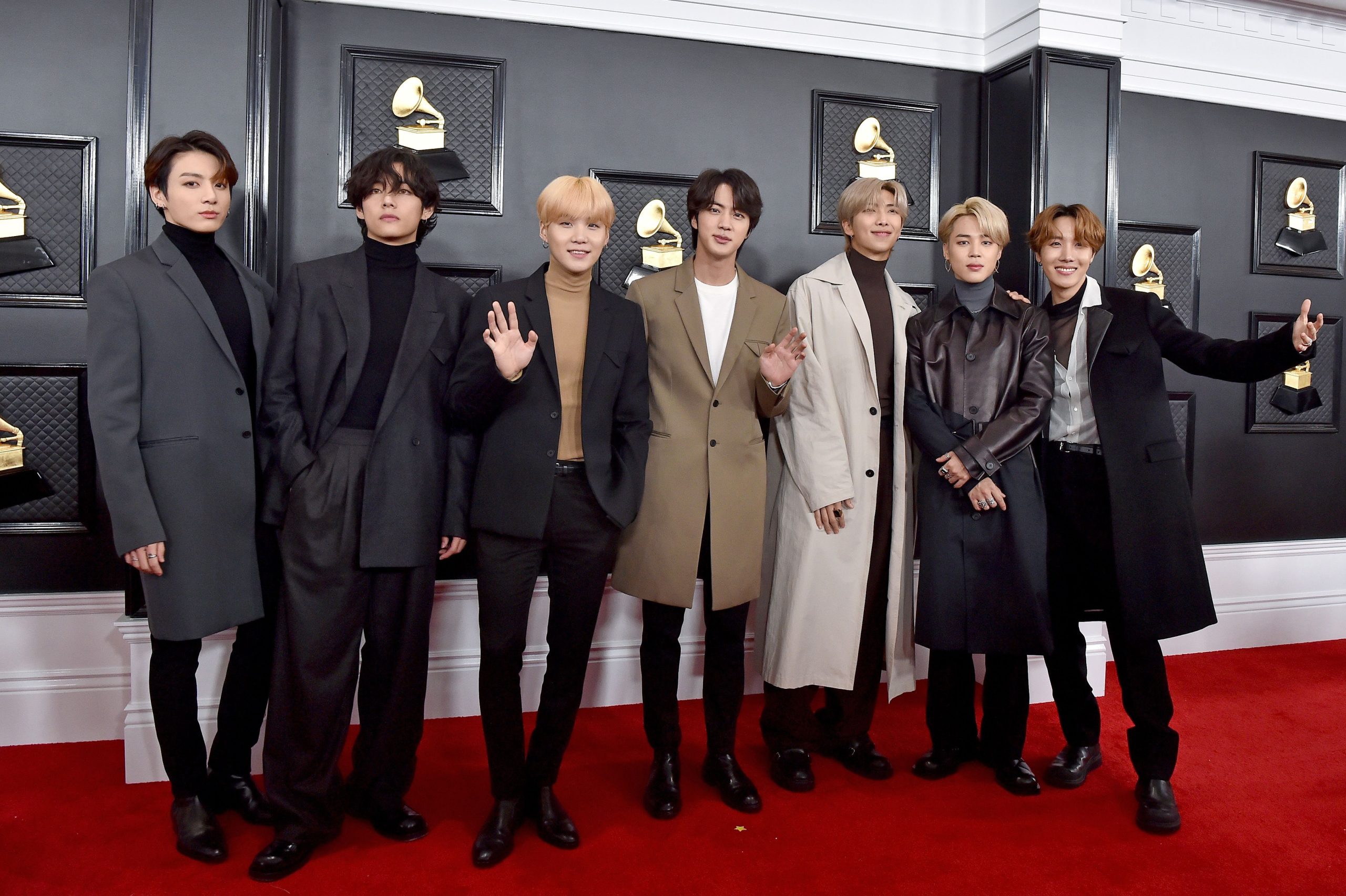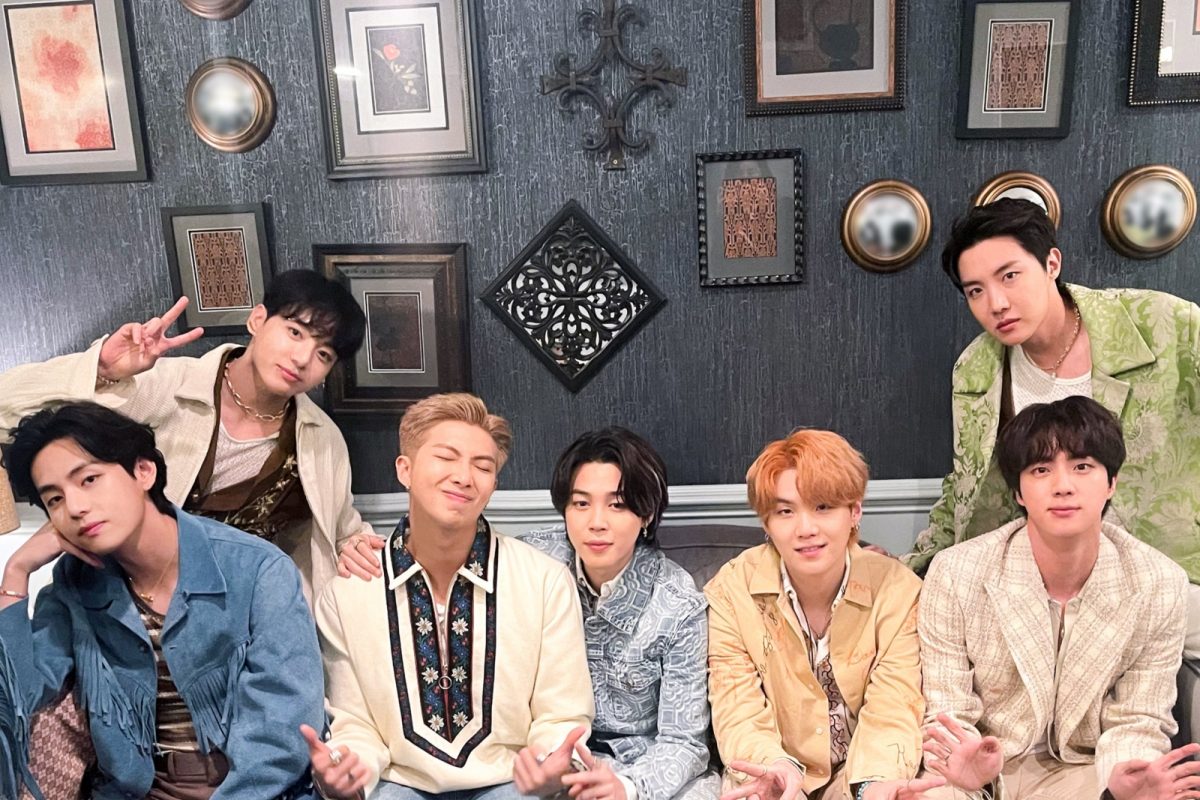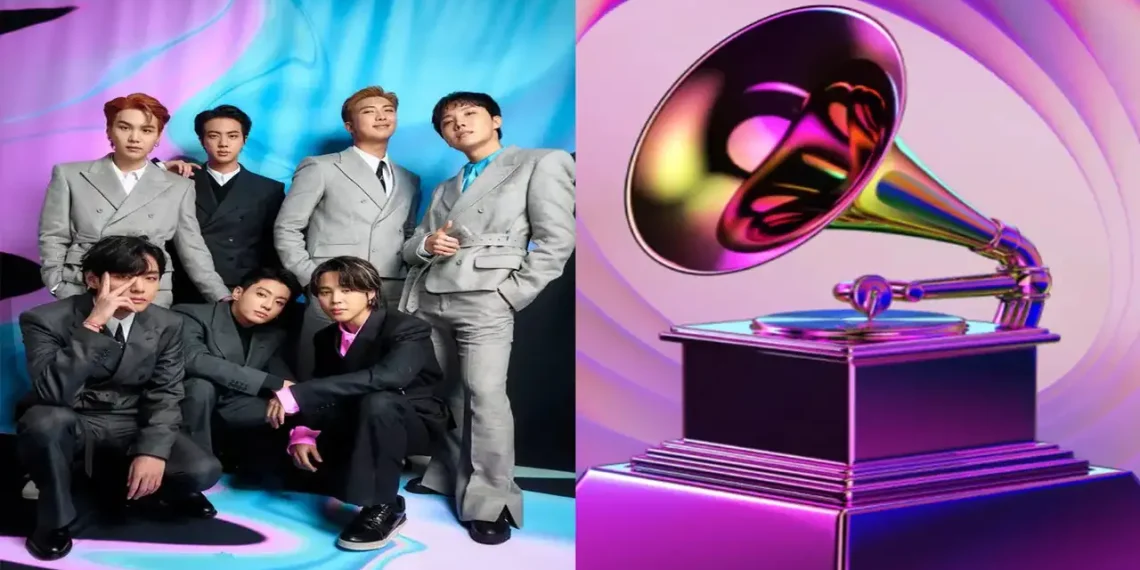It has been more than a year since BTS was beaten at the Grammys, leaving its fans, ARMY, totally puzzled. That the South Korean group recognized by the Recording Academy through this performance invitation and nomination for Best Pop Duo/Group Performance is one bitter-sweet cake. Its sophistication belies its global prowess and unfair exclusion from major kudos shows that barriers do exist in the U.S. music scene.
The question remains: how could a cultural phenomenon like BTS, with their record-breaking single “Dynamite,” not secure a Grammy? The song’s success, both as a commercial hit and a beacon of positivity during challenging times, showcased music’s transformative power. Yet, BTS’s failure to win underscores the long-standing biases entrenched in Western music awards, particularly against boy and girl bands.
A History of Systemic Bias

One prevalent theory is the Grammys’ consistent dismissal of teen-pop groups. Professor Gyu Tag Lee notes the trend of snubbing globally successful bands, such as Backstreet Boys or Spice Girls, in major categories. Despite their groundbreaking evolution of the boy-band formula, BTS remains tethered to stereotypes of “bubblegum pop,” undermining their musical depth and socio-cultural impact. Winning a Grammy would validate their artistry as more than a passing trend.
Additionally, accusations of racism persist. The Recording Academy has historically sidelined artists of color, even with landmark albums or songs. Iconic figures like Tupac Shakur and Diana Ross remain glaring examples of underappreciated Black talent. Industry experts argue that systemic biases limit non-white artists to genre-specific categories, preventing them from competing equally in major fields such as Album of the Year.
Backlash and Fan Frustration

This scandal continued to rise as artists like The Weeknd publicized boycotting the Grammys. More prominent artists such as Drake and Nicki Minaj also voiced for transparency by revealing the shortcomings of the institutions. The fans also alleged that the Grammys were clout-chasing as they utilized the popularity of BTS to enhance viewership but denied them substantial awards.
Despite the backlash, the Grammys’ credibility remains under scrutiny. Critics argue that unless sweeping reforms address racial and genre-based biases, the awards will struggle to regain the trust of artists and fans alike.





